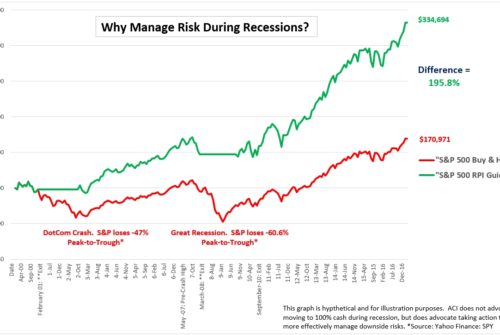
Workplace communication
At workplaces, typically, all contact between people is driven by formal communication. And this means there are unwritten rules dictated by organizational culture and ethical boundaries. Even something as simple as how to reply to how are you is a matter to be given due consideration. Therefore, the entire communication process in professional settings needs to be understood within context and handled with utmost care. Naturally, there are always occasions that may lend themselves to a variety of mistakes and oversights.
Common communication mistakes
It is always an embarrassing lapse when you make a mistake at the workplace. It could be an email with an error or a message sent a little late. But there are communication mistakes that can lead to severe consequences and even result in tarnishing your professional reputation. Here are some common communication mistakes that can occur at workplaces.
- Careless writing
Several types of written communication are the norm at any organization- emails, memos, reports, documents, and notices. As an author of any of these types of communication, you must take care to ensure your writing is free of grammatical and spelling errors. They can make you look shabby and unprofessional. Therefore, always re-read and edit the content before you send them. - Thoughtless utterances
Be it in inter-personal conversations or at large gatherings, speaking out of turn or making frivolous remarks can be bad form. Remember, you are in a professional environment that demands courtesy, etiquette, and above all, thoughtfulness. This rule applies at all times, no matter where you are, as long as you are in the company of work-life acquaintances. Nothing can destroy a career more quickly than reckless talk in work-related circles. - Inability to be assertive
The confidence with which you state what you need, or share an opinion, determines how assertive you are at your work. Knowing how to turn down requests gently but assertively while maintaining good relationships is a great trait to possess. But none of this is possible if you are meek and unsure of yourself. And neither does it help if you do not know the difference between being assertive and being aggressive. - Low emotional stability
When you allow your frustrations or work stress to overcome your emotions, you effectively lose the ability to communicate appropriately. Angry replies without thinking your point through or short-tempered outbursts are highly counter-productive. Such behavior gives the impression that you lack self-control and possess low emotional intelligence.
- Verbose and long-winded communication
Whether you are addressing an individual, delivering a speech, or writing a response, if you are not short, straight, and sharp in the framing of your sentences, then you have lost the plot. Long-winded communication is not only a waste of organizational time; it also leaves you open to misinterpretation and even ridicule. Likewise, overuse of jargon and flowery language in the workplace communication is self-defeating. - Preoccupied with your personal style
All communication has a single purpose- to deliver a message and foster healthy conversation effectively. This naturally means that you need to tailor your style to fit the audience you are addressing. However, sticking to one particular style is hugely ineffective. It overlooks differences in personalities, needs, and expectations and is ultimately futile. - Prejudice and pre-conceived notions
Workplaces are a meeting ground of people from different backgrounds and experiences, of all ages, levels of authority, abilities, and viewpoints. If you have a fixed mindset about these differences and end up with pre-conceived notions, it will show in the way you communicate with them. Assumptions can hamper open communication and can jeopardize your relationships with the people around you.
Endnote
Everything in business revolves around the process of communication, whether internal or external. Poor communication results in a waste of time and resources, causing confusion and conflict, lowering productivity, and ruining professional relationships. Conversely, good communication skills help you and your organization succeed.
_______________________________________





